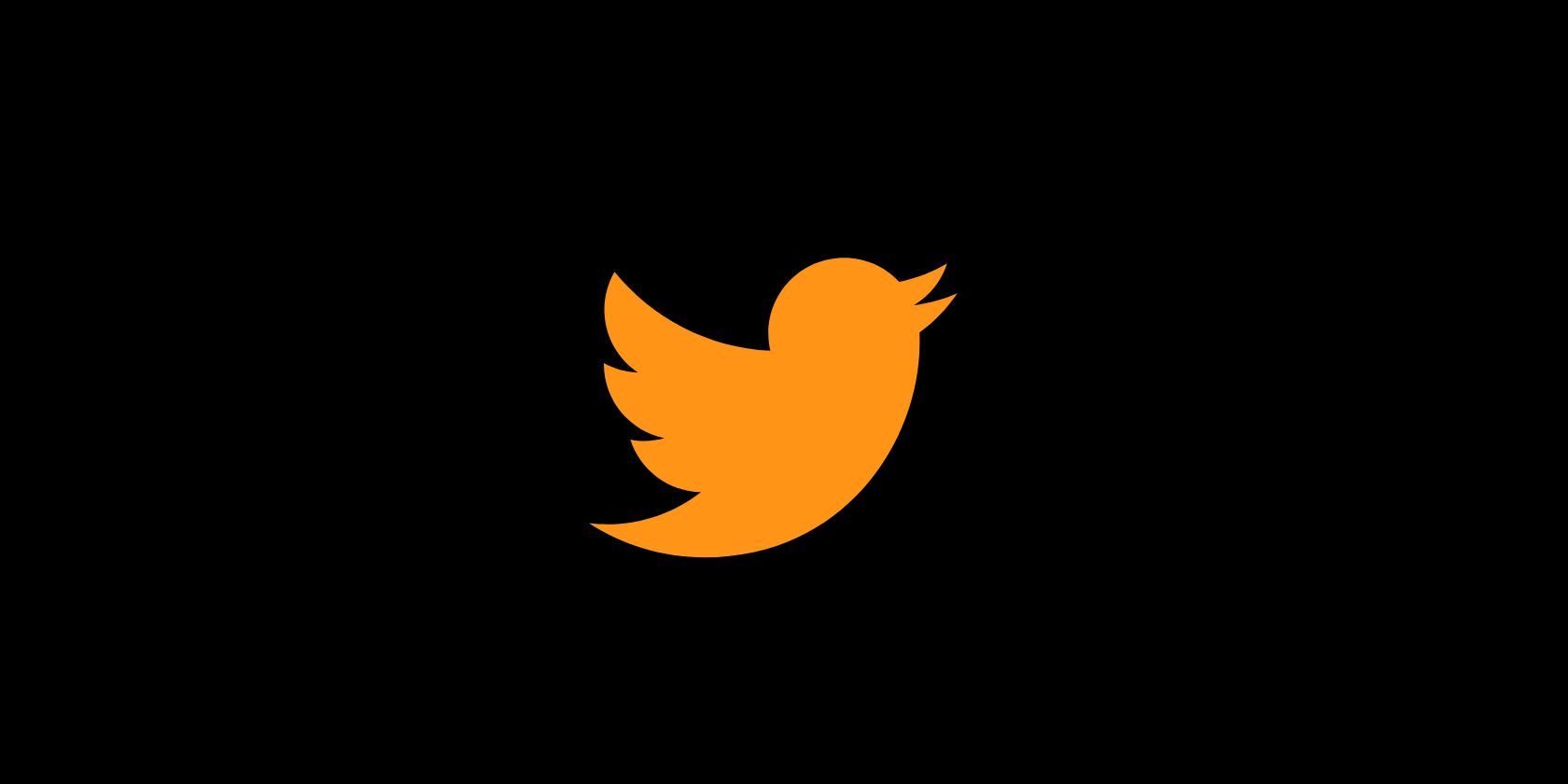When a particular name or handle, perhaps like "deisygarcia twitter," catches our eye online, it often sparks a natural curiosity about the person or the discussions tied to that digital identity. We might wonder what sorts of conversations are happening, what experiences are being shared, or what kind of information might be connected to such a presence. It's a very common way, actually, for people to begin exploring the vast, sprawling network of digital connections that make up our online lives.
Quite often, a specific search for someone's online presence, say for "deisygarcia twitter," leads us down paths that reveal much broader patterns of online behavior and community interaction. We find ourselves looking at how people talk about their daily lives, their work, or even their consumer experiences. It's almost like peering into a collection of shared stories, where individual threads, though not directly about the initial search, still offer a good sense of the collective human experience playing out in digital spaces.
The information we have available to us right now, however, doesn't actually give us specific details about "deisygarcia twitter." What it does offer, instead, is a fascinating look at various public discussions and digital records that shed light on how people interact with large companies, manage their work lives, and even track property details online. So, while we can't share personal specifics about "deisygarcia twitter" from this collection of thoughts, we can certainly explore the general ways people express themselves and gather information in our connected world.
- Skarsgard Family Actors
- Nikki Reed Style
- How Many People Watch General Hospital
- David Katz Age
- Voice Of Rocket
Table of Contents
- What Kinds of Online Community Conversations Do We See?
- What are People Asking About Online Shopping Experiences?
- How Do Digital Footprints Shape Employment Stories?
- What Does "Promoted to Customer" Really Mean?
- How Does Data Accuracy Play a Role in Our Digital World?
- What's It Like Working Overnight?
- What Can We Learn from Digital Property Records?
- How Do Online Property Listings Reflect Local Areas?
What Kinds of Online Community Conversations Do We See?
When we spend time looking at online groups, it becomes pretty clear that people really like to talk about their shared experiences, especially when those experiences involve big companies or common situations. We see this, for example, in places where folks who work at a large retail chain gather to chat. There's a community with nearly thirty thousand people who work for this particular retailer, and another, even bigger one, with over a quarter of a million people who are just customers or general fans. These groups, you know, serve as places where people can swap stories, ask questions, and even let off a little steam about their daily dealings. It's kind of fascinating to observe how these online spaces give people a voice, allowing them to connect over things that affect their lives, whether it's a tricky work situation or a question about a new shopping service. So, while we might be looking for a specific person like "deisygarcia twitter" and their unique online presence, we often find ourselves drawn into these larger, collective discussions that show how many people are thinking about similar things.
It seems that in these digital gathering spots, people are often seeking clarity or just a place to vent. Someone might be feeling a bit confused about how different online shopping options work, wondering if there's a real difference between picking something up at a store, having it shipped, or getting it delivered right to their door. These are the sorts of very practical questions that pop up, and people turn to their online peers for answers or just to see if others are feeling the same way. The shared sense of confusion or curiosity, it’s almost, is what brings people together. These conversations are a good reminder that even in a huge online world, people still look for connection and shared understanding, which, in a way, is what someone might be seeking if they were to look up "deisygarcia twitter" hoping to find shared experiences or insights.
What are People Asking About Online Shopping Experiences?
People often have a lot of questions about how online shopping works, especially with services that promise convenience. We see folks wondering about the finer points of delivery options, like whether there’s a real difference between picking something up at the store versus having it sent to their home. Someone might get an email asking them to complete a survey after shopping, and then wonder if joining something afterwards is a good idea, or what that even involves. It's pretty clear, actually, that there's a lot of thought going into how these services operate and what they mean for the everyday shopper. For instance, a person might try a new subscription for the first time, expecting certain benefits, only to find a default tip amount added to their order, which makes them question the whole arrangement. They might have signed up with the idea of getting free deliveries, and then feel a bit surprised by unexpected charges. This sort of experience can lead to wondering if it's considered impolite to adjust the tip to zero, which is a fairly common concern among those using these services. These kinds of inquiries, you know, highlight the little details that can make a big difference in how people feel about their online shopping. Someone searching for "deisygarcia twitter" might, for all we know, be looking for advice on these very kinds of consumer questions.
- Tim Connelly
- Most Famous Skarsg%C3%A5rd
- Skarsg%C3%A5rd Family Tree
- Kelly Monaco Video
- Curious George Dog
How Do Digital Footprints Shape Employment Stories?
Online communities also give us a glimpse into the working lives of people, particularly those employed by large organizations. There are spaces where employees gather, and their discussions often revolve around the day-to-day realities of their jobs. Sometimes, these conversations can be quite intense, especially when people talk about the possibility of losing their jobs or the frustrations they feel with management. You hear stories, for example, of individuals expressing very strong feelings about their workplace if they were to be let go, even imagining confronting their managers with some rather direct language. It’s a very raw display of emotion that you might not see in other settings, and it gives a sense of the pressures people face in their work. For some, the idea of being "promoted to customer" – a common phrase for being fired – is even seen as a positive thing, a blessing in a way, suggesting that their current work situation is quite challenging. These kinds of shared sentiments, they actually paint a picture of the emotional landscape of employment, and how people process these significant life events. Perhaps a person like "deisygarcia twitter" might also share their own employment stories, contributing to this larger conversation about work.
The duration someone spends with an employer also plays a significant role in how their work history is viewed. Being with a company for a long time, say eleven years, creates a certain record, whether it's seen as good or not so good. This track record, you know, can influence how an employer perceives an employee's departure. Given the general situation of jobs and hiring, it's not surprising that companies might make tough decisions about letting people go. These are the practical, sometimes difficult, aspects of working life that get discussed in these online forums. It shows how people use these digital spaces to process their experiences, seek support, and sometimes just to express their true feelings about their jobs and the companies they work for. It's a very human aspect of the digital world, where individual stories, like those one might find from "deisygarcia twitter," contribute to a collective understanding of work.
What Does "Promoted to Customer" Really Mean?
The phrase "promoted to customer" is a rather telling piece of jargon that has found its way into the conversations of many who work in retail, particularly for large chains. It's a way, kind of a darkly humorous way, of saying that someone has been fired from their job. For those using the phrase, it often carries a sense of resignation, or even relief, that their employment has ended. It highlights a certain kind of sentiment among employees, where leaving the company, even involuntarily, is viewed as an escape from a difficult or frustrating work environment. This particular saying, you know, truly captures the feeling of many who are in these roles. It speaks volumes about the workplace culture and the experiences that lead people to view job termination not as a loss, but as a step towards something better, a "blessing in disguise," as one might put it. These shared expressions, like those you might find if you were to look up "deisygarcia twitter" and her thoughts on employment, show the unique language and perspectives that develop within specific work communities.
How Does Data Accuracy Play a Role in Our Digital World?
In our digital interactions, the reliability of the information we get is a pretty big deal. Whether we're looking up details about online shopping or trying to understand how a service works, the data we receive needs to be dependable. Someone might be working on a personal side project, perhaps something that pulls information from big online stores, and they might wonder just how accurate that data is. The best answer, they might say, is that the information is probably as good as what can be obtained directly from the systems of those companies. This suggests that even for hobby projects, the quality of the raw data matters a lot. It's a reminder that much of what we see and interact with online, from purchase options to community discussions, relies on underlying data streams that need to be maintained with some care. So, when we're trying to find out about something specific, like "deisygarcia twitter," the accuracy of any information we find would similarly depend on where that information comes from and how it's managed.
For those who create things online, even just for fun, the source of their data is really important. A person might spend their free time building something that uses publicly available information, and for them, the project is more about personal interest than anything else. This kind of work highlights how much we depend on various digital tools and interfaces to get the facts we need. It also shows that the digital world is not just about social interactions; it's also about the structured flow of information. The way data is gathered and presented, you know, influences how we perceive everything, from product availability to personal profiles. This ongoing reliance on data accuracy affects how we search for and interpret information, whether it's about a company's offerings or, say, the public persona of someone like "deisygarcia twitter."
What's It Like Working Overnight?
Many people consider different kinds of jobs, and sometimes they turn to online sources to get a real feel for what a particular role might be like. Someone might be thinking about applying to work at a big retail store, specifically for an overnight stocking position. They'd probably appreciate any insights or experiences shared by others who have done that kind of work. These sorts of questions often pop up in online communities, as people seek firsthand accounts to help them make decisions about their careers. It's a pretty common way, actually, to get a sense of the day-to-day realities of a job, beyond what a formal job description might say. People want to know about the hours, the tasks, the challenges, and the overall atmosphere. So, if someone were to look for "deisygarcia twitter," they might just be hoping to find similar personal stories or advice related to work or other life experiences.
What Can We Learn from Digital Property Records?
Beyond personal experiences and community chatter, the digital world also holds a wealth of information about physical places, like homes and properties. You can find detailed records for specific addresses, and these records often tell a story about the property itself. For example, a particular address in Las Cruces, New Mexico, might show up as not currently available for purchase. The records might then describe the home, perhaps as a townhouse with a certain number of bedrooms and bathrooms, and a specific square footage. These digital listings also include things like the sales history, showing when the property was last sold and for how much. It's really quite something, how much information is publicly accessible about real estate, offering a good picture of a property's past and present status. So, if someone were trying to gather information about a person, perhaps "deisygarcia twitter," they might also look at public records like these to piece together details about their life, if such information were available.
These online property details go even further, providing estimated values and a price per square foot, which gives a general idea of what the home might be worth. You can often see overhead views of the property, along with tax history and other estimates of its value over time. It's almost like having a complete dossier on a piece of land or a building, all available at your fingertips. Some platforms even let you view property ownership details, deeds, mortgages, and titles, giving a very thorough look at the legal and financial history of a place. This kind of detailed information is pretty useful for anyone interested in real estate, or just curious about a specific location. It just goes to show how much data is out there, beyond social media, that can help paint a picture of a place or, in some cases, even connect to a person's life, much like someone might try to do if they were looking for more about "deisygarcia twitter."
How Do Online Property Listings Reflect Local Areas?
Online property listings don't just give us facts about individual homes; they also provide a broader sense of a local area. When you look at a listing for a townhouse, for instance, you can often see not only its features, like the number of beds and baths and its size, but also details about the neighborhood. These listings might include information about nearby schools or use tools like heat maps to show popular areas or certain characteristics of the surroundings. It's a way of getting a feel for the community without actually being there, which is pretty convenient. You can compare different types of homes, like apartments versus townhouses, and see how their details vary even within the same general location. For example, an apartment at a similar address might have different square footage or a different number of rooms compared to a townhouse. These digital records, you know, contribute to a collective understanding of a place, showing how various properties fit into the larger fabric of a town or city. It’s a bit like how individual online presences, such as "deisygarcia twitter," contribute to our overall perception of the digital landscape.
The availability of such comprehensive property information online highlights how much of our world has been mapped and recorded in digital formats. From when a home was built to its last sale date, these details are readily accessible. This kind of public record keeping is a powerful tool, allowing people to research and understand their surroundings in ways that were much harder before. It also shows that the digital world isn't just about fleeting social media posts; it's also about enduring records that document physical assets and their histories. This blend of the digital and the physical, where online data gives us deep insights into real-world locations, is a very interesting aspect of our connected lives. It’s the kind of comprehensive data that, were it available for a specific individual, might help someone piece together a fuller picture, just as someone might hope to do when looking for information about "deisygarcia twitter."
- Saeko Yu Darvish
- Ospi Washington
- Why Did Machine Gun Kelly Switch Genres
- 15th Jan Zodiac
- Kieran Lee Net Worth



